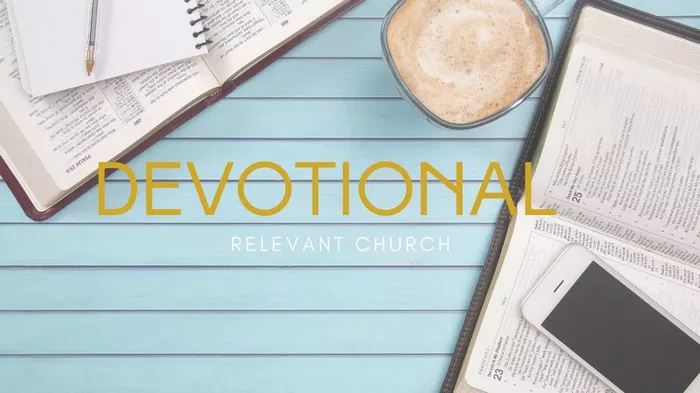In the Lord’s Prayer, a central Christian prayer, one of the most significant petitions is “Give us this day our daily bread.” While it may seem like a simple request for sustenance, this phrase holds profound meaning beyond its literal interpretation. “Our daily bread” encapsulates not only physical nourishment but also spiritual sustenance, economic stability, and the interconnectedness of humanity. Delving into its multifaceted significance reveals insights into faith, gratitude, community, and the human condition.
Biblical Roots and Spiritual Connotations
The phrase “our daily bread” originates from the New Testament of the Bible, specifically in the Gospel of Matthew (6:11) and the Gospel of Luke (11:3), within the context of the Lord’s Prayer. It was spoken by Jesus Christ during his Sermon on the Mount, a pivotal moment in Christian theology. The Lord’s Prayer serves as a model of how believers should pray, emphasizing the importance of acknowledging God’s sovereignty, seeking forgiveness, and expressing dependence on divine provision.
Interpreting “our daily bread” within a spiritual framework extends its significance beyond mere physical sustenance. It symbolizes trust in God’s providence, acknowledging Him as the ultimate provider of all necessities. By asking for daily bread, believers affirm their reliance on God for their most fundamental needs, fostering a sense of humility and dependence on divine grace. Moreover, it underscores the temporal nature of human existence, emphasizing the importance of living in the present moment and trusting in God’s provision for each day.
SEE ALSO: 10 Best Daily Devotionals Online for 2024
Physical Nourishment and Material Well-being
While “our daily bread” carries profound spiritual implications, it also encompasses the practical aspects of sustenance and material well-being. Bread, as a staple food in many cultures, represents sustenance and nourishment. In requesting “our daily bread,” individuals acknowledge their basic need for food and sustenance to sustain life and maintain health.
Moreover, the term “bread” extends beyond its literal meaning to encompass all essential resources required for daily living, including shelter, clothing, and livelihood. It reflects the universal human desire for security and stability, highlighting the importance of meeting basic needs to thrive and lead fulfilling lives. In a world marked by economic disparities and food insecurity, the petition for “daily bread” resonates with those facing poverty, hunger, and deprivation, advocating for social justice and equitable distribution of resources.
Gratitude and Contentment
Expressing gratitude for “our daily bread” cultivates a spirit of thankfulness and contentment, encouraging individuals to appreciate life’s simple blessings. In a culture characterized by consumerism and materialism, the prayer for daily sustenance reminds believers to prioritize gratitude over greed and to find fulfillment in the abundance of the present moment rather than constantly striving for more.
Furthermore, the petition for “our daily bread” fosters a sense of communal responsibility, emphasizing the interconnectedness of humanity. It acknowledges that everyone shares in the bounty of God’s provision and underscores the importance of sharing resources with those in need. By recognizing our dependence on God and each other, individuals are inspired to cultivate compassion, generosity, and solidarity, contributing to the well-being of society as a whole.
The Bread of Life: Spiritual Fulfillment
Beyond physical nourishment and material well-being, “our daily bread” points to a deeper hunger for spiritual fulfillment and meaning in life. In the Gospel of John (6:35), Jesus declares, “I am the bread of life. Whoever comes to me will never go hungry, and whoever believes in me will never be thirsty.” This metaphorical understanding of bread as spiritual sustenance emphasizes the importance of cultivating a relationship with the divine for true fulfillment and inner peace.
In seeking “our daily bread,” individuals are invited to partake in the spiritual nourishment offered by faith, prayer, and communion with God. It represents a quest for spiritual growth, enlightenment, and transformation, leading to a deeper understanding of one’s purpose and identity in the divine plan. By prioritizing spiritual nourishment alongside physical sustenance, individuals can achieve a more holistic and fulfilling existence, rooted in faith, hope, and love.
Conclusion
In conclusion, the phrase “Give us this day our daily bread” holds profound significance in the lives of believers, transcending its literal meaning to encompass spiritual, emotional, and social dimensions. It symbolizes trust in God’s provision, gratitude for life’s blessings, and solidarity with those in need. As individuals contemplate the meaning of “our daily bread” in their daily lives, they are called to embody the virtues of faith, gratitude, and compassion, contributing to the flourishing of both themselves and their communities. In essence, “our daily bread” serves as a timeless reminder of humanity’s interconnectedness and dependence on divine grace for sustenance and fulfillment.

